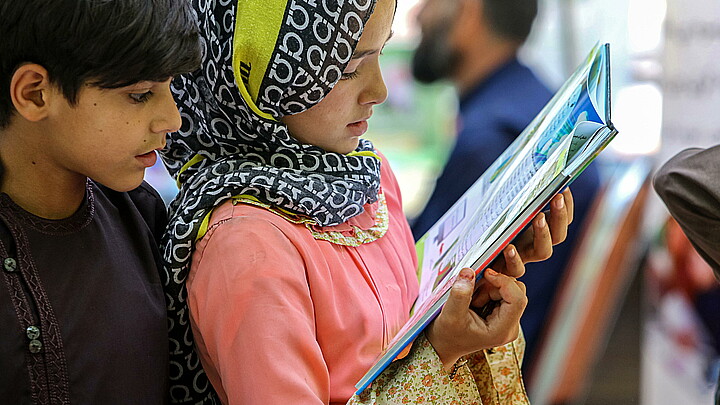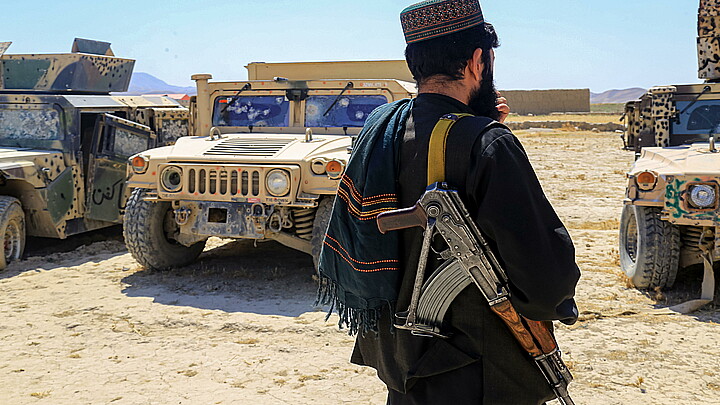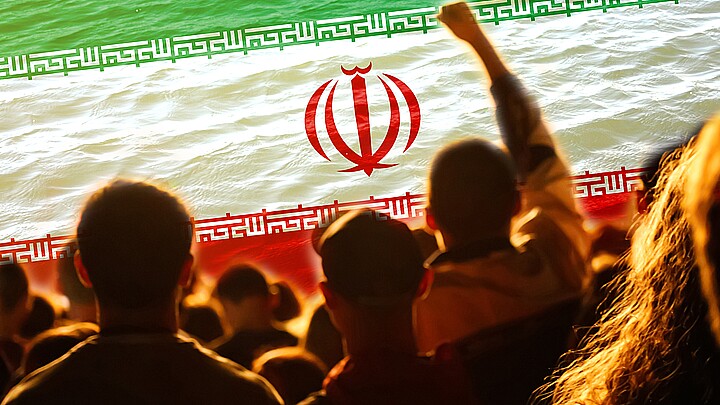Human Rights
Amnesty International calls Taliban crackdown on women's and girls' rights 'death in slow motion'
July 27, 2022 4:48pm
Updated: July 27, 2022 4:52pm
A new report exposes how the Taliban regime is devastating the lives and human rights of Afghan women and girls since taking power, including the detention and torture of peaceful protesters.
Since taking control in 2021, the Taliban have restricted womens’ and girls’ rights to education, work and free movement; crippled support for those fleeing domestic violence and contributed to a surge in the rates of child, early and forced marriage in Afghanistan, according to a report released by Amnesty International on Wednesday.
“For women in Afghanistan, it is death in slow motion,” said Adila, a female Afghan journalist.
Her damning description of their predicament was used in the title of the report it appears in: “Death in Slow Motion: Women and Girls Under Taliban Rule.”
Among the alarming findings are first-hand accounts of how Taliban enforcers targeted protesters with harassment, arbitrary arrest and detention and even torture, both psychologically and physically.
One woman said she was arrested for several days after attending a protest in 2022, during which Taliban guards would regularly come to her room and show her pictures of her family.
“They kept repeating… ‘We can kill them, all of them, and you won’t be able to do anything… Don’t cry, don’t make a scene. After protesting, you should have expected days like this’,” the woman told Amnesty International.
She and other women also reported being severely beaten.
“They locked the door. They started screaming at me… [One Taliban member] said, ‘You nasty woman… America is not giving us the money because of you bitches’… Then he kicked me. It was so strong that my back was injured,” she said, adding that her mouth hurt to this day after he kicked her in the chin.
When one protester posted her injuries to social media, the Taliban reportedly turned to beating women on their breasts and between their legs.
Detained protesters told Amnesty International they were also deprived of adequate food, water, sanitary products and healthcare. They said they were only released after signing agreements promising that they and their family members would never protest again or share the details of their detention.
Agnès Callamard, Amnesty International’s Secretary General, called on the international community to impose consequences on the Taliban for their conduct, such as targeted sanctions or travel bans.
“This suffocating crackdown against Afghanistan’s female population is increasing day-by-day. The international community must urgently demand that the Taliban respect and protect the rights of women and girls,” Callamard said in a statement.
International activists have been trying to organize underground educational opportunities for Afghan girls after they were banned from secondary schools by the Taliban.










